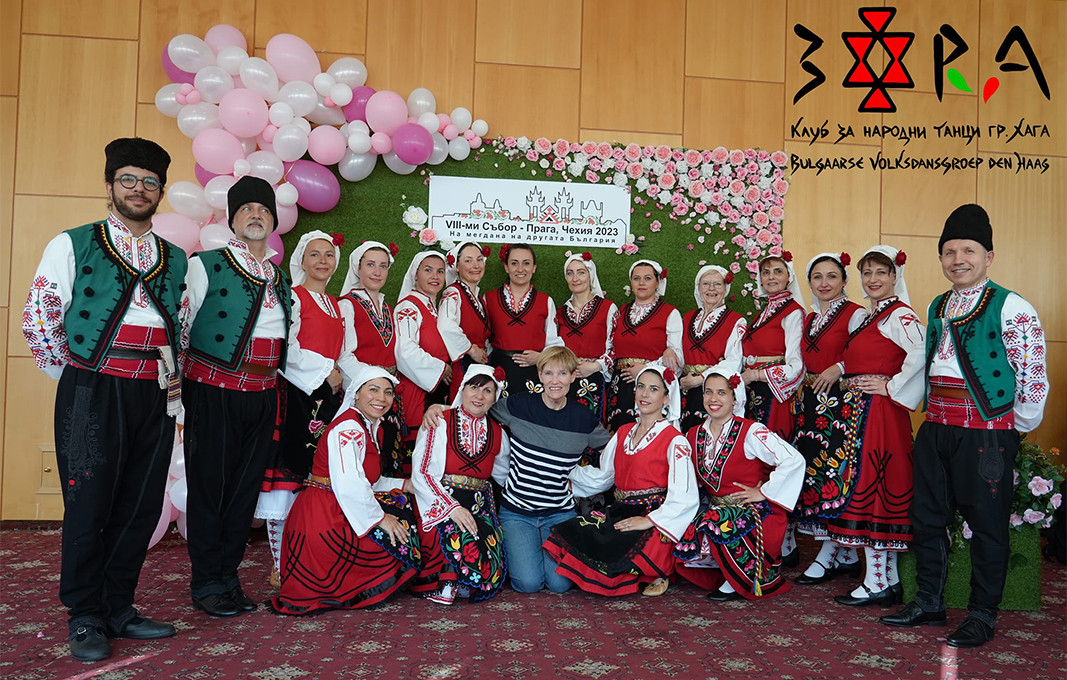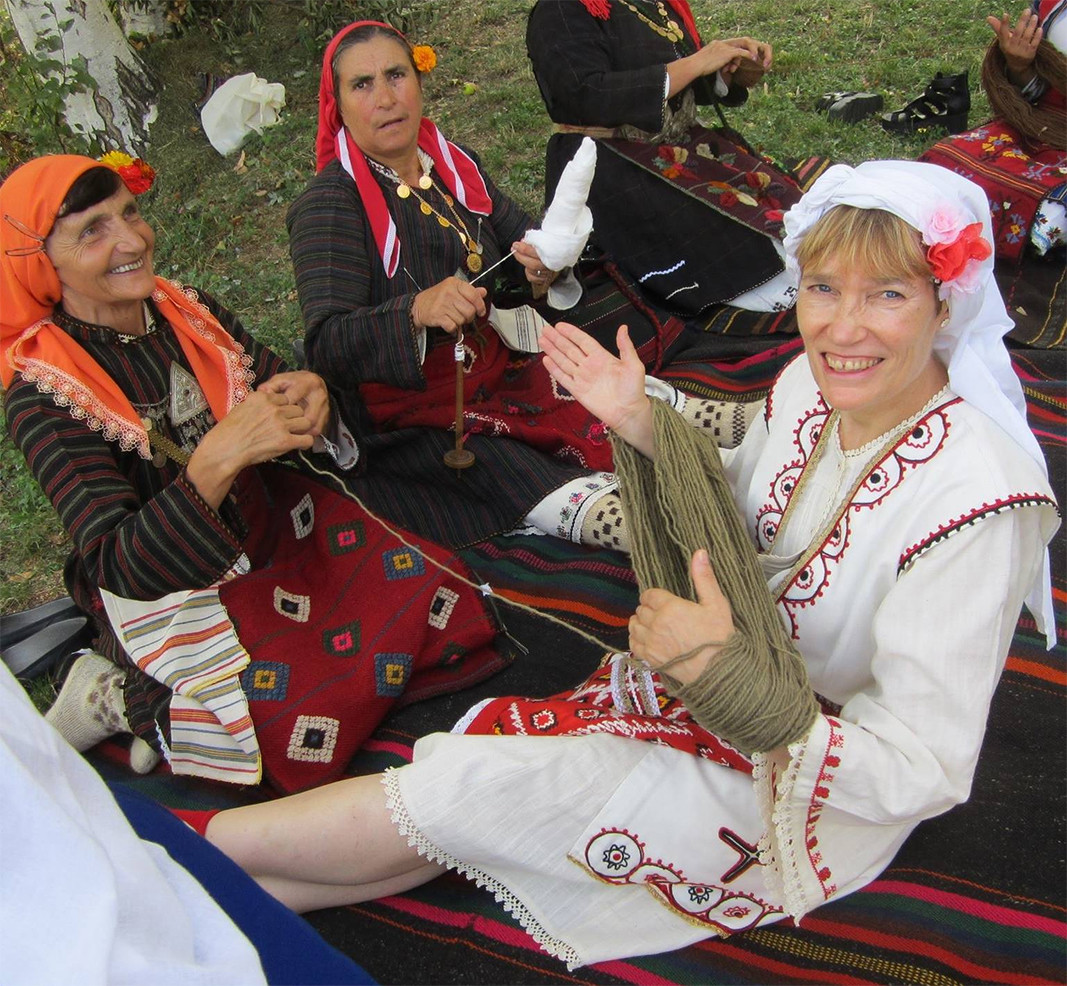



A three-day embroidery festival takes place in the square of the village of Vardim near Svishtov, the organizers reported. At its core, the festival promotes a particularly colorful part of our lifestyle and traditions -..
Fans of Bulgarian folklore are getting together in the village of Ribaritsa near Teteven on 20 and 21 July for the 3 rd national festival and the 16 th edition of the festival of folklore of national customs and authentic traditional costumes in a..
Nearly 340 participants from countries on different continents will take the stage at the Summer Theatre in Marno Pole Park in Veliko Tarnovo to present the their folklore traditions. The start is today, 20 July, when the traditional..

+359 2 9336 661
